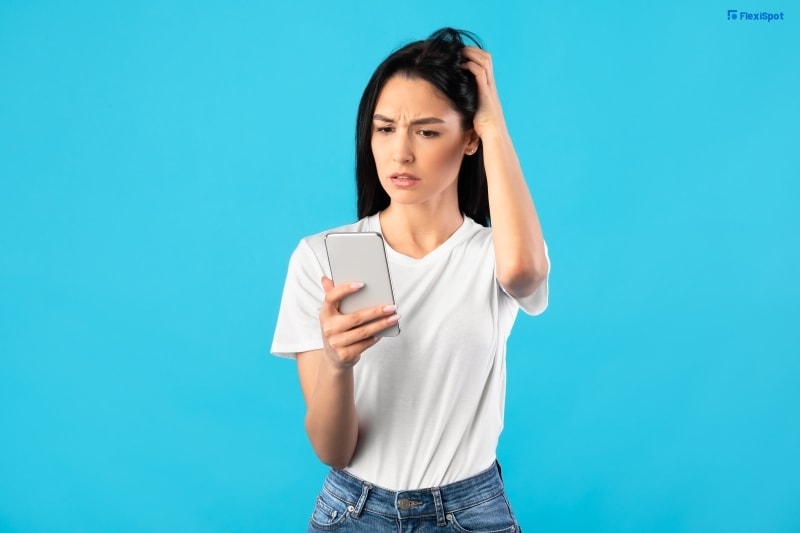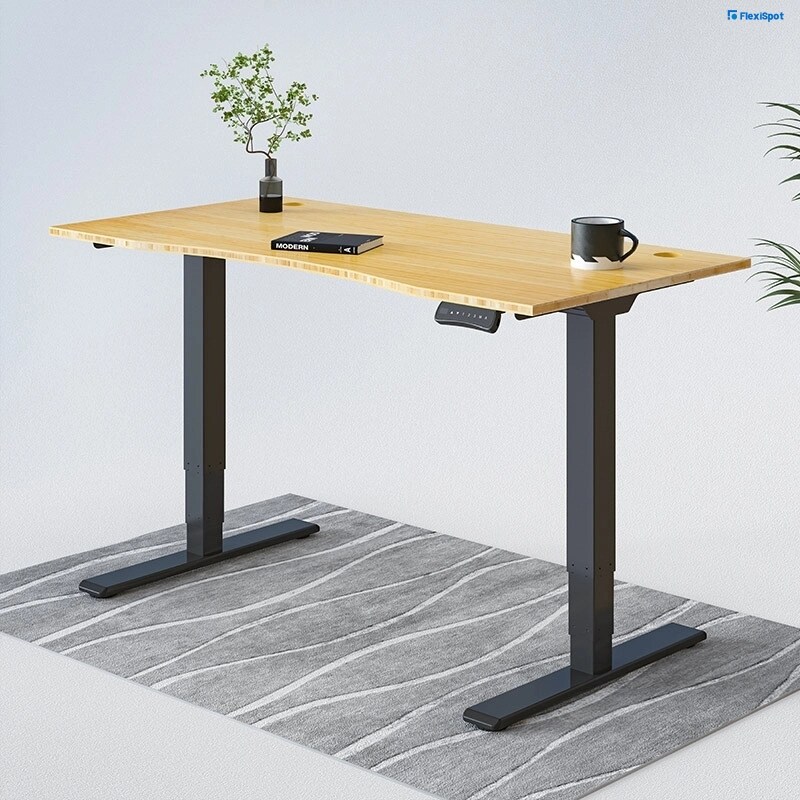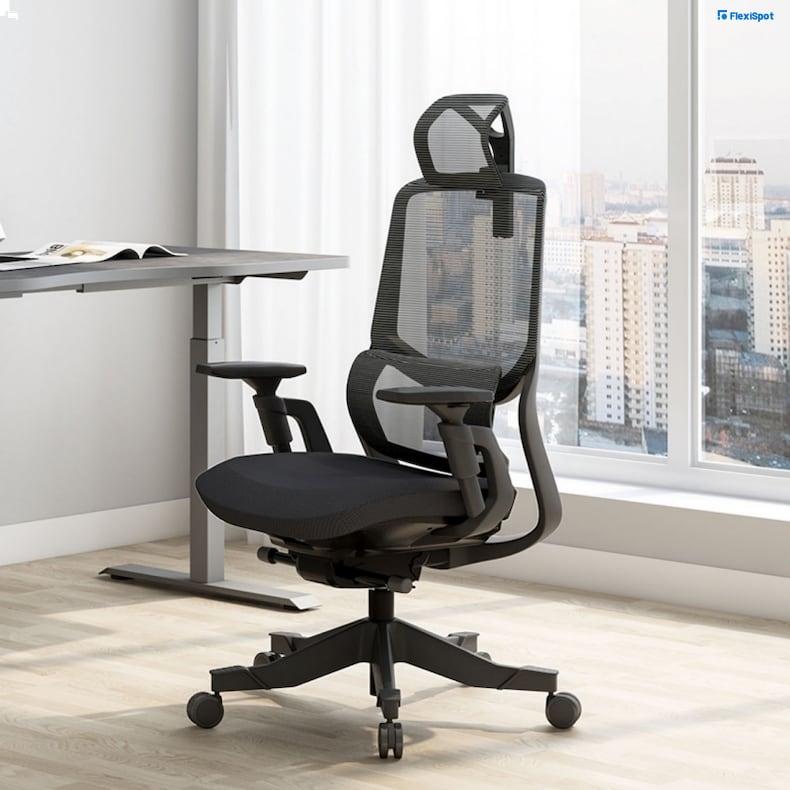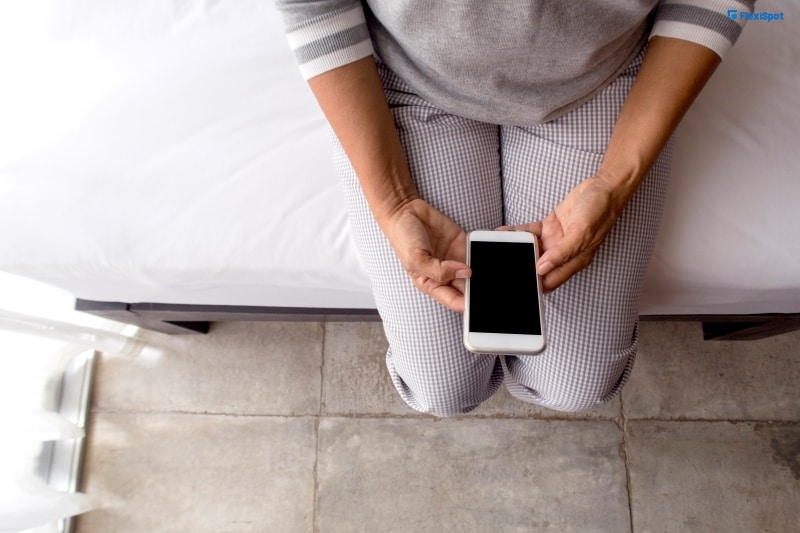Social media has become an integral part of our daily lives, with millions of people using platforms like Facebook, Twitter, and Instagram to connect with friends, share experiences, and stay up-to-date with news and trends. However, there is an increasing number of people who are choosing to opt out of social media entirely, citing concerns about privacy, mental health, and addiction. In this article, we will explore the pros and cons of not having social media, and what impact it can have on your life.

Pros of not having social media:
Better privacy and security
One of the biggest concerns with social media is the privacy and security risks associated with it. Social media platforms collect vast amounts of personal information from their users, including their likes, dislikes, and online behavior, which can be used for targeted advertising or sold to third-party companies. Not having social media eliminates these privacy concerns and ensures that your personal information remains confidential.
Improved mental health
Numerous studies have linked social media use to negative mental health outcomes such as depression, anxiety, and stress. This is largely due to the pressure to present a perfect image of oneself online, as well as the constant comparison to others. Not having social media allows you to focus on your own well-being and mental health, without the added stress of online pressures.
More time for hobbies and interests
Social media can be a significant time-sink, with many people spending hours scrolling through feeds and checking notifications. By not having social media, you can use that time to pursue hobbies and interests that you enjoy, such as reading, exercising, or spending time with loved ones.
Reduced distractions
Social media is notorious for being a source of distraction, with notifications, likes, and messages constantly vying for our attention. Not having social media can help reduce these distractions and increase your focus, whether it’s at work, school, or home.

Cons of not having social media:
Reduced social connection
Social media has made it easier than ever to connect with friends and family, regardless of distance or location. Not having social media can make it harder to maintain those connections, especially for those who live far away or have busy schedules.
Missed opportunities
Social media can be a powerful tool for networking and career advancement, with many companies and organizations using it to recruit and promote their services. Not having social media can mean missing out on potential job opportunities or professional connections.
Limited access to information and news
Social media is often the first place people turn to for breaking news and current events, as well as for information on niche interests and hobbies. Not having social media can mean missing out on these updates and staying less informed about the world around you.
Social stigma
In today’s society, not having social media can be seen as unusual or even suspicious, with some people assuming that you have something to hide or are out of touch with modern technology. This social stigma can be a significant con for those who value their privacy and prefer to keep their personal life offline.
If you’re losing time for work and play because you are easily distracted by social media, then it might be best to invest in ergonomic furniture.
Here are some pieces you can get your hands on now:

Pro Standing Desk (E5)
The FlexiSpot E5 uses improved motor technology to be more user-friendly. Basically, its dual-motor lifting system is combined with the double crossbeam structure which ensures a smoother operation and a stable experience.
No need to worry about its stability because with a loading capacity of up to 220 pounds, it remains sturdy and wobble-free at its highest point and even during movement.
It features an advanced keypad panel featuring three height presets, a sit-stand reminder that allows you to set a timer from 0 to 99 minutes, and an anti-collision feature that automatically stops movement when obstacles are encountered. The height range of this desk is from 24.4 to 50 inches and can be easily used by people from 4’6” to 6’7”.

Soutien Ergonomic Office Chair
This ergonomic chair from FlexiSpot proudly features a 3D lumbar support system, 135-degree lounge tilt, and 4D adjustable armrests.
It has three height adjustment levels with a system that gently rebounds. The elegantly curved backrest will conform to the neck and spine which will provide the maximum headrest and lumbar support. The armrests are adjustable in four dimensions that contour effortlessly to the arms and elbows. It is made of Italian-imported chenille and K+R temperature-sensitive fiber that will provide maximum ventilation and the most delicate of fabrics. It also features the best-in-industry Samhongsa Class 4 Gas Lift which guarantees that this chair will be able to handle whatever you throw at it.

Final Word
In conclusion, not having social media has both pros and cons, and the decision to opt out is a personal one that should be made based on individual values and priorities. While it can offer better privacy, improved mental health, and more time for hobbies and interests, it can also lead to reduced social connections, missed opportunities, limited access to information and news, and social stigma. Ultimately, it’s up to each person to weigh the pros and cons and make an informed decision that works for them.
If you're considering not having social media, it's essential to think about your goals and priorities. For example, if you value your privacy and mental health, not having social media may be the right choice for you. On the other hand, if you want to stay connected with friends and family or use social media for professional purposes, you may need to weigh those benefits against the potential drawbacks.
It's also worth noting that you don't have to give up social media entirely to reap some of the benefits of not having it. For example, you could limit your social media use to specific times of the day or week, or use tools to control your social media use and reduce distractions. You could also choose to use alternative forms of communication to stay in touch with friends and family, such as phone calls, email, or in-person visits.
In addition, it's essential to be aware of the potential downsides of not having social media, such as the potential to miss out on important news and information, or the social stigma associated with not having a social media presence. These downsides may not be significant for everyone, but they're worth considering before making a decision.
